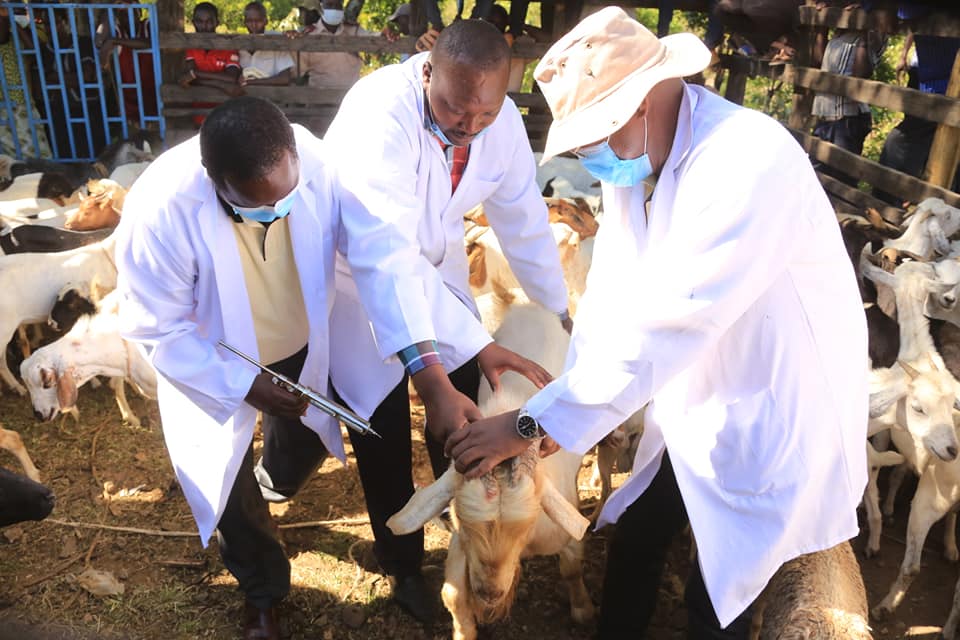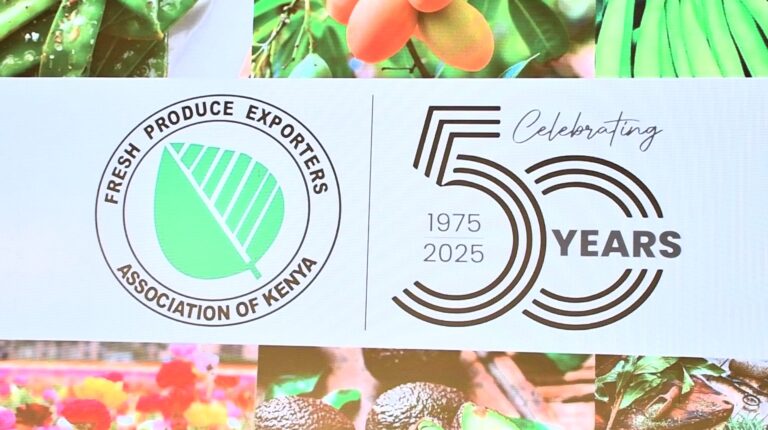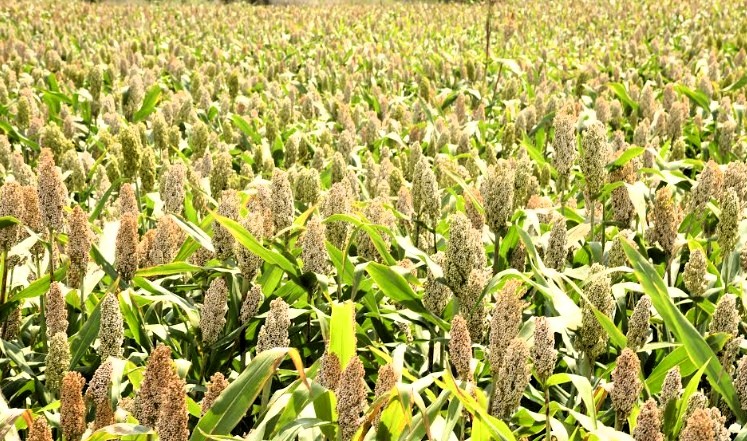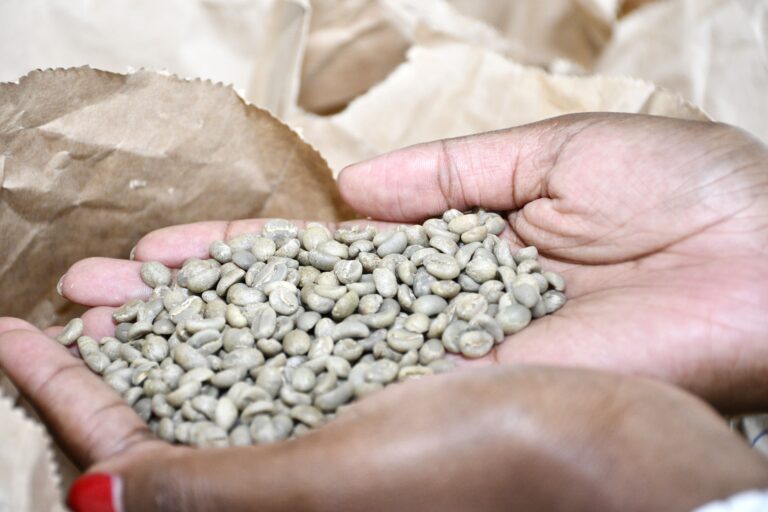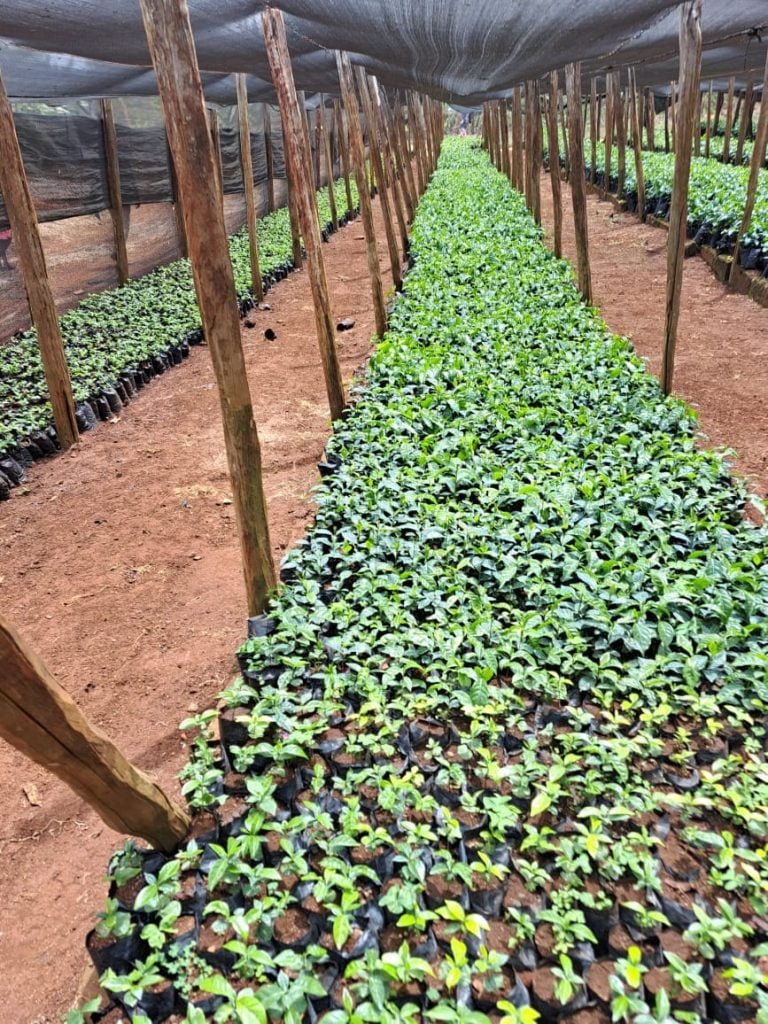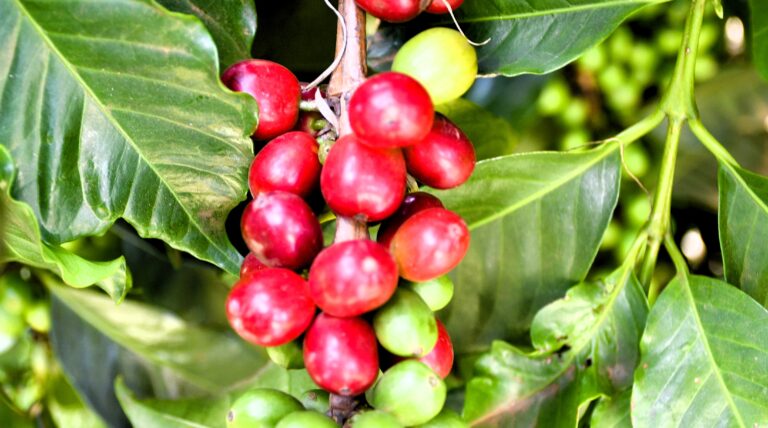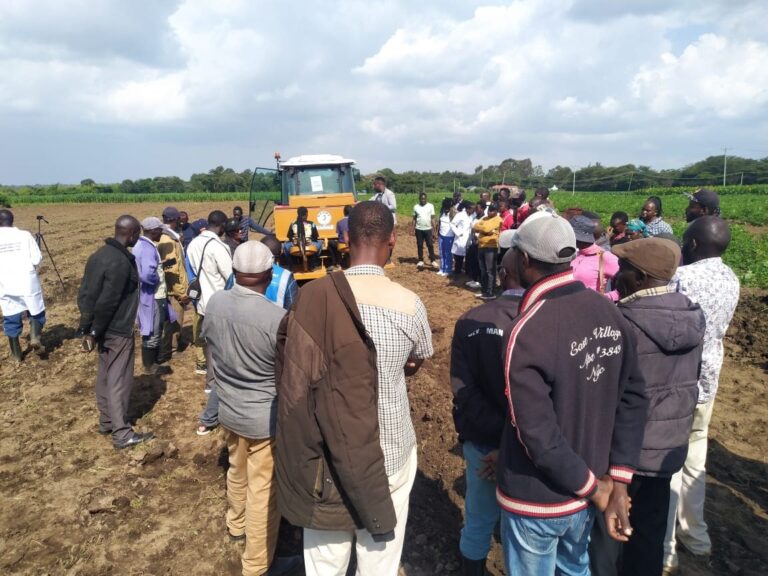By Kimuri Mwangi
Veterinarians have supported the Parliamentary Health Committee to include an amendment in the Kenya Drug Authority Bill, 2022 (KDA 2022). The amendment seeks to remove veterinary products from KDA regulation.
The Kenya Drug Authority Bill is aimed at establishing a wide-ranging framework for regulating drugs and technologies within the country. Sponsored by MP Robert Pukose, the bill underwent its first reading on November 9, 2022.
They have also told off Pharmacists who are opposed to the amendment under the Pharmaceutical Society of Kenya saying there is no lacuna in the regulation of veterinary medicines in Kenya.
“We wish to state categorically that there is no vacuum in the regulation of veterinary medicines in Kenya. Pharmacists do not have the capacity to regulate veterinary medicines and if they so wish, then they should go back to school for another two years as stated in the Terrestrial Manual for Animal Health so that they are able to regulate veterinary medicine, “says Dr. Ambrose Kipyegon the Vice Secretary of the Kenya Veterinary Association.
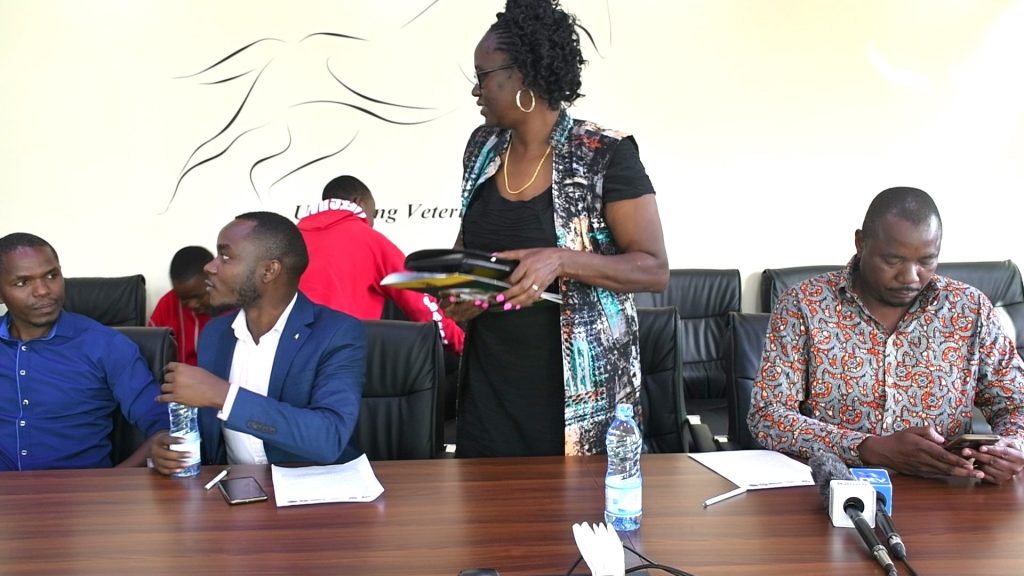
The veterinarians say that the Veterinary Medicines Directorate (VMD) is the recognized National Regulatory Authority (NRA) for veterinary medicines under the East African Community Mutual Recognition Procedure (EAC-MRP) established for joint evaluations and inspections of manufacturing facilities.
“The VMD was established vide the Veterinary Surgeons and Veterinary Paraprofessionals Act, 2011 to regulate veterinary medicines under the veterinary domain in line with international best practices under the World Organization for Animal Health (WOAH), of which Kenya is a signatory. These laws were enacted in compliance with requirements of treaties ratified by Kenya namely the World Trade Organization (WTO) Agreement on the Application of Sanitary and Phytosanitary Measures, particularly Article 3, and the International Agreement for the Creation of World Organization for Animal Health, particularly Chapter 3.4 of the Terrestrial Animal Health Code vide Article 3.4.1.1 of the Terrestrial Animal Health Code of 10/08/2022. The PSK demand therefore deviates from the provisions of and obligations under these treaties, thereby also breaching the Constitution in Article 2(5) and Article 2(6),” says the veterinarians in a statement.

Dr. Mary Agutu the acting CEO of the Kenya Veterinary Board (KVB) says that veterinary medicine regulation was separated from human medicine regulation in 2016 for their effective regulation and to avoid violative residues in food of animal origin as provided for in the Veterinary Policy and the Livestock Policy. “We recommend that at all times let us discourage legislative proposals that risk critical sectors such as health and food security,” she opines.
Dr. Paul Egesa says that granting the wish to include veterinary medicine regulations in this Bill under the pharmacists will only risk exposing the Kenyan public to unsafe feeds of animal origin. “It will make trade in products of animal origin including the animals themselves very difficult. So, for us to continue trading with other countries and to benefit from international trade, we have to be compliant and follow what is recommended by the World Organization for Animal Health,” says the veterinarian and stakeholder. He adds that the Terrestrial Animal Health Code recommends the enactment of a veterinary law for the regulation of the manufacture, importation, wholesale, retail, and usage of veterinary medicinal products anchored in the Ministry that deals with animal disease control and it is the trend all over the world.
Benson Ameda, the President of Africa Veterinary Technicians commends the Parliamentary Health Committee saying the committee reached the decision after conducting research and consulting other countries and global institutions. “Kenya is not an Island. There is already a tripartite agreement between the World Trade Organization (WTO), the World Health Organization and the World Organization for Animal Health (WOAH). That’s why we have been able to sell some of the meat that goes outside the country because we have been able to track and to regulate veterinary medicines globally,” opines Ameda.
The veterinarians urge the Members of Parliament to support the Parliamentary Health Committee to effect the changes. “We have the Veterinary Surgeons and Veterinary Para Professionals Act number 2019 of 2011 which already provides a legal framework to regulate veterinary medicines in the country and so we don’t see any need to veer off from the path provided by the Parliamentary Health Committee. e urge members of Parliament. We urge members of Parliament even as they go into voting for the Bill to maintain the regulation of veterinary medicine in the veterinary profession,” says Dr. Kelvin Osore, a Veterinary Surgeon.
Organizations supporting the Public Health Committee include the Kenya Veterinary Association (KVA), Union of Veterinary Practitioners Kenya (UVPK), Kenya Animal Science Practitioners Association (KASPA), Animal Health Technicians Technologists Association (AHTTAK), Kenya Veterinary Paraprofessionals Association (KVPA) and the African Veterinary Technicians Association (AVTA)


